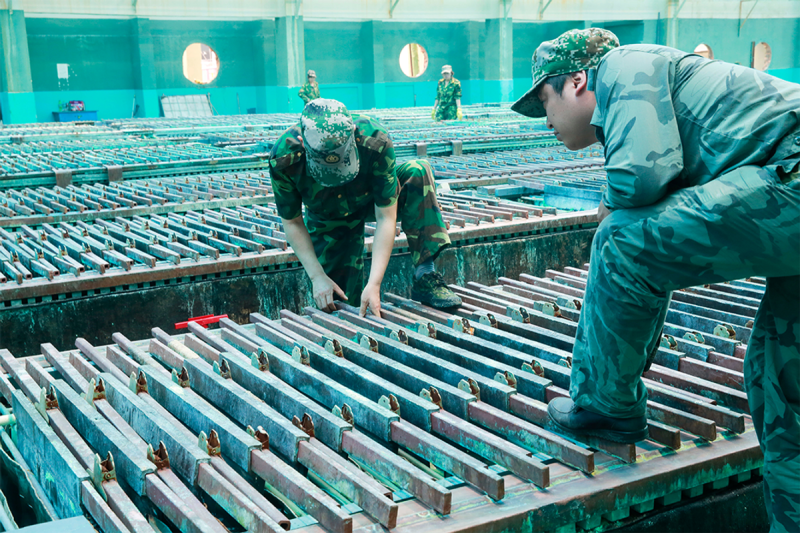In recent years, there has been a growing concern about the heavy reliance on China for the production and processing of rare earth metals. These elements are critical components in various high-tech gadgets, renewable energy technologies, and defense applications. The control that China exerts over the global rare earths supply chain has raised alarms in many countries, prompting efforts to reduce this dependency and diversify sources of rare earth metals.
One significant step towards reducing reliance on China for rare earths production and processing is the resurgence of mining and processing activities in other countries, such as the United States, Australia, and Canada. These countries are rich in rare earth deposits but have historically lagged behind China in developing their extraction and processing capacities. However, with growing geopolitical concerns and the strategic importance of rare earth metals, there has been a renewed focus on developing domestic sources of these critical elements.
One example of this is the Mountain Pass mine in California, which is one of the few rare earth mines outside of China. The reopening of this mine in recent years, following investments from private companies and government support, marks a significant milestone in the efforts to reduce reliance on Chinese supply. By increasing domestic production of rare earth metals, countries like the United States are aiming to create a more secure and resilient supply chain for these critical elements.
In addition to increasing domestic production, efforts are also being made to enhance the recycling and reuse of rare earth metals. Given the limited availability of these elements and the environmental impact of mining and processing operations, recycling offers a sustainable solution to reduce the demand for new production. Advanced technologies are being developed to extract and purify rare earth metals from electronic waste and other sources, creating a circular economy for these valuable materials.
Furthermore, international collaborations and partnerships are playing a crucial role in diversifying the sources of rare earth metals. Countries are coming together to explore joint ventures, research initiatives, and policy frameworks to promote a more balanced global supply chain for rare earths. By sharing resources, expertise, and technologies, these collaborations aim to reduce reliance on any single country or region and ensure a more stable and secure supply of rare earth metals for the future.
In conclusion, reducing reliance on China for rare earths production and processing requires a multi-faceted approach that involves increasing domestic production, promoting recycling and reuse, and fostering international collaborations. By diversifying the sources of rare earth metals and building a more resilient supply chain, countries can mitigate risks associated with overdependence on a single supplier. The efforts underway to reduce reliance on China for rare earths signal a shift towards a more sustainable and secure future for the global rare earth industry.
